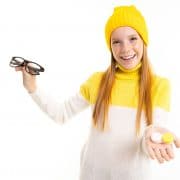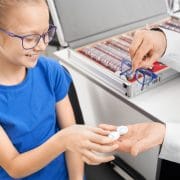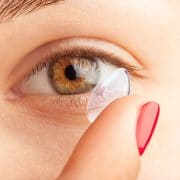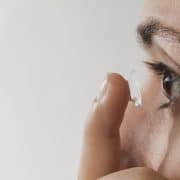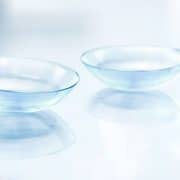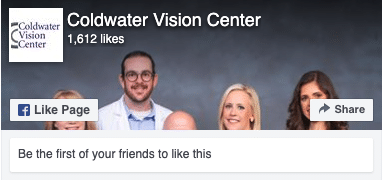Is Your Teen Ready for Contacts? 4 Signs
Many kids and teens who wear glasses eventually decide that they want to wear contact lenses. If you’re considering contact lenses for your teenage child, it’s important to first evaluate whether your teen is a good candidate for contact lenses.
Contact lenses require your teen to take on a lot more responsibility than glasses – and they’re not a good fit for everyone. Here’s what you need to consider before getting your teen contacts in Coldwater MS.
1. Your Teen Takes Care Of Their Glasses
Does your teen routinely lose their glasses, or forget to put their glasses on? Then they may not be a good fit for contact lenses. Contacts are smaller than glasses and come in a case that can be easily lost.
In addition, contacts will require regular care from your teen. If your teen is already having a hard time with their glasses, then they may not be able to handle the responsibility of caring for their contacts.
2. Your Teen Maintains Routines Well
Some contacts need to be removed nightly, while others are left in for longer periods of time. Either way, all contacts need to be periodically removed and maintained. If your teen’s contacts aren’t taken out when needed and cleaned when needed, then your teen could end up with an eye infection. Your teen needs to be up to the responsibility!
3. Your Teen Demonstrates Responsibility In Everyday Life
Does your teen get themselves up on time for school? Can they be trusted to perform basic chores around the house without reminders? Do they get good grades and make an effort to act responsibly most of the time?
If the answer to these questions were yes, then your teen is probably a good candidate for contact lenses. If the answer to these questions was no, then your teen might be better off with glasses.
4. Your Teen’s Eye Doctor Thinks Contacts Are Appropriate For Your Teen
Before you can get contacts for your teen, their eye doctor in Coldwater MS will need to evaluate their eyes. Call Coldwater Vision Center to make an appointment today.

